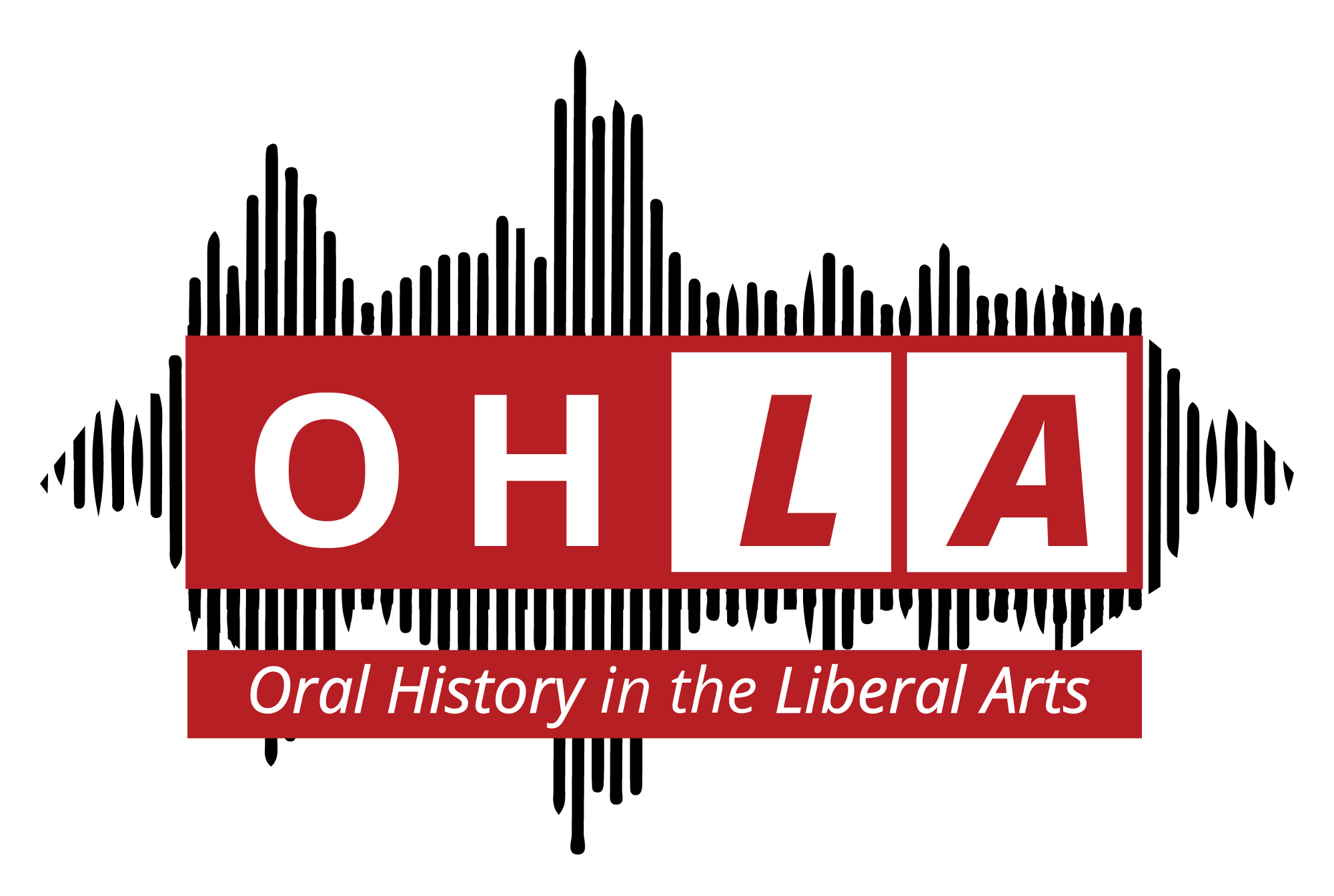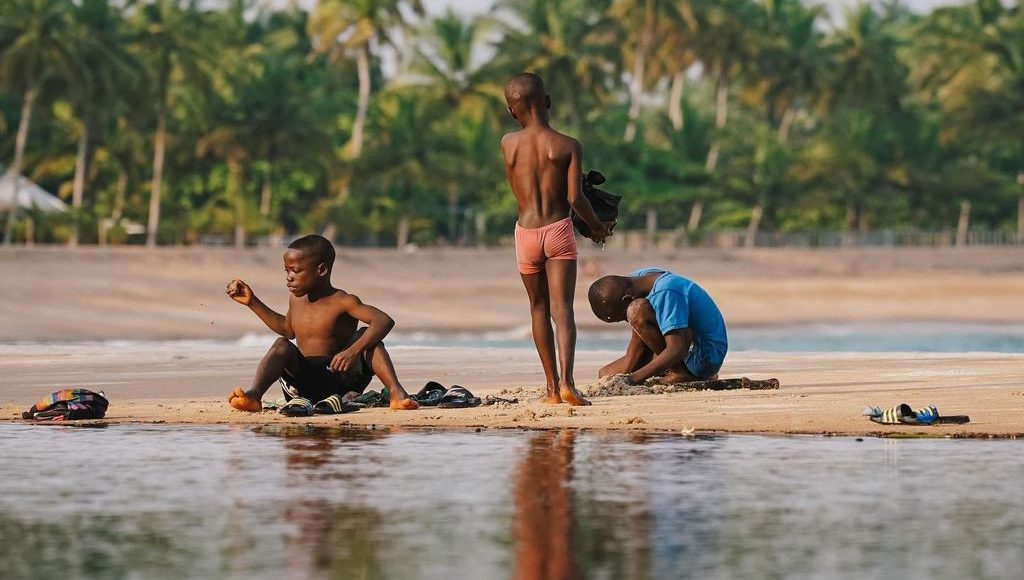Project Statement
Côte d’Ivoire, Rescripted
This research interrogates the role of the body in the production of place and asks how one place—Côte d’Ivoire—differentially emerges from within the continuum of the lived, the experienced, and the imagined. While scholars have explored states’ discursive and symbolic dimensions, few reflect upon the centrality of interlocutors’ embodiment in such analyses. This research weaves together these concrete and symbolic dimensions of State and place through the locus of the body.
Documenting Ivorian statehood, as it is understood by Ivorians, is vital. More than 1.6 million of Côte d’Ivoire’s inhabitants are characterized as stateless or at risk of statelessness—even though many of these same people are indigenous to the land and central to its development. Over the last two decades, a series of land and citizenship reforms have been implemented to provide both its indigenous and foreign residents with land rights and legal documentation of their citizenship. Many of these reforms formally divorce the ambitions of State institutions with the everyday reality of Ivorians, who have until recently lived communally and negotiated their place in their community informally. How do members of these communities understand Ivorian Statehood? How do these understandings shift according to one’s place in the landscape, or their newfound citizenship status? What is the role of the body vis-à-vis these places and state institutions?
To explore these themes, I developed the digital storytelling platform, “Côte d’Ivoire, Rescripted.” Through this project, my students and I reconstruct the State as it is refracted through the positionality and discourse of everyday Ivorians across Côte d’Ivoire’s variegated landscape.
Listen to the Interviews
This project is in the fieldwork phase. Searchable interviews coming soon.
Additional Materials
This project is in the fieldwork phase. Links to archival materials coming soon.
Funding & Support
This project is supported by the Andrew W. Mellon Foundation through the Great Lakes Colleges Association’s Global Liberal Arts Alliance.



